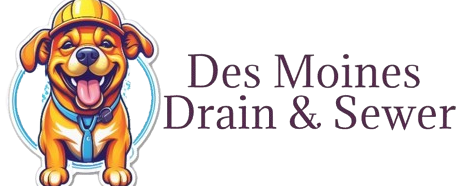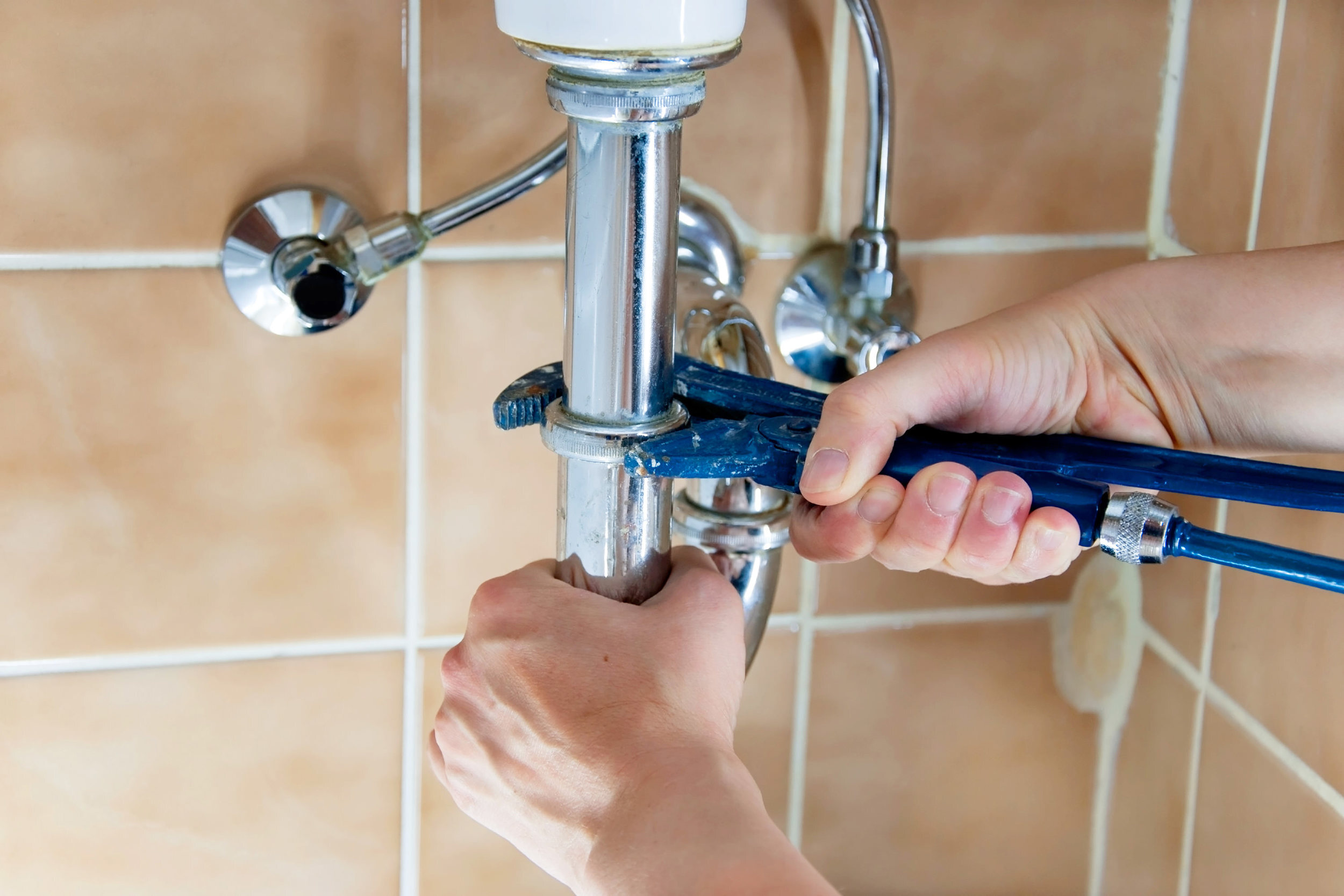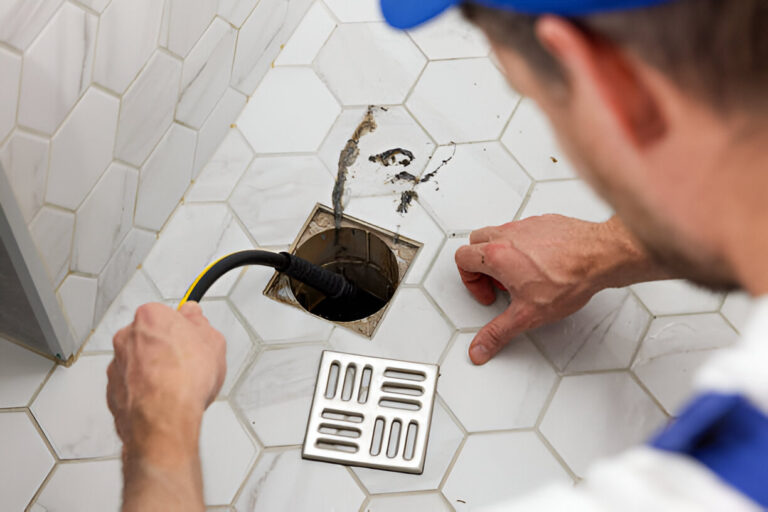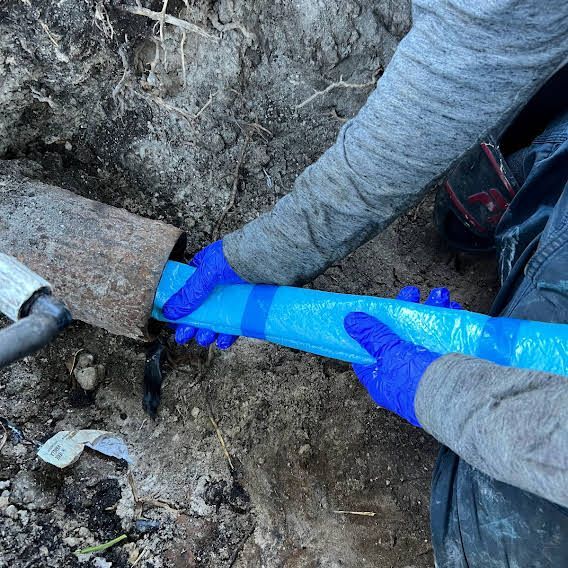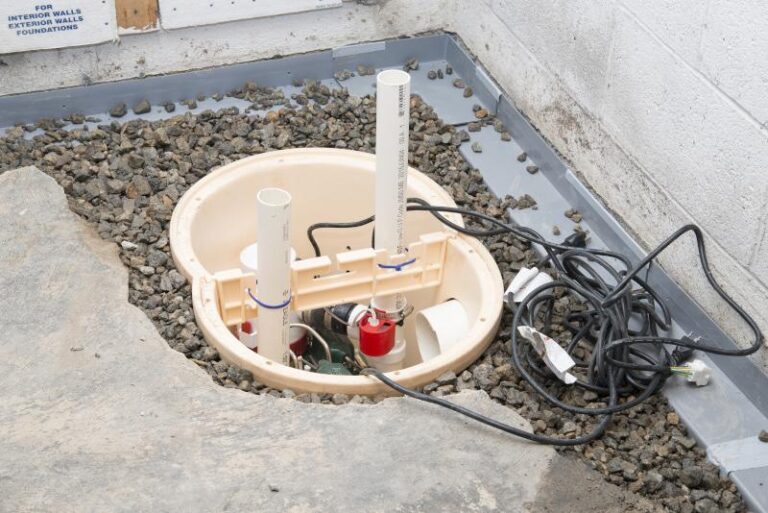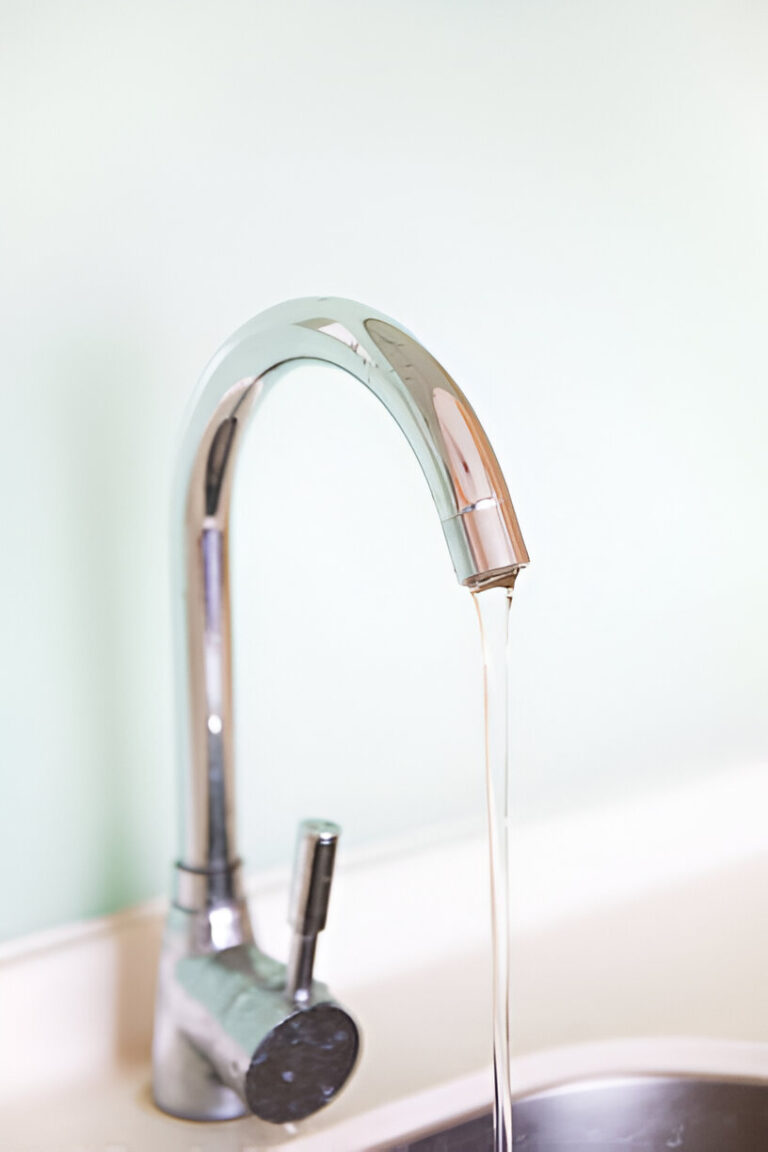Plumbing Repair Costs in 2025: What to Expect
From a leaky faucet to a burst pipe or a broken water heater, plumbing problems happen in every home at some point. Some issues are small and easy to fix, while others can cause serious damage if not repaired quickly.
In 2025, plumbing repair costs can range widely. The price depends on the type of problem, how difficult the repair is, what parts are needed, and where you live.
A quick faucet repair might cost less than $100, but a major job like fixing a sewer line could cost thousands.
If you need an emergency plumber at night, on a weekend, or during a holiday, expect to pay more.
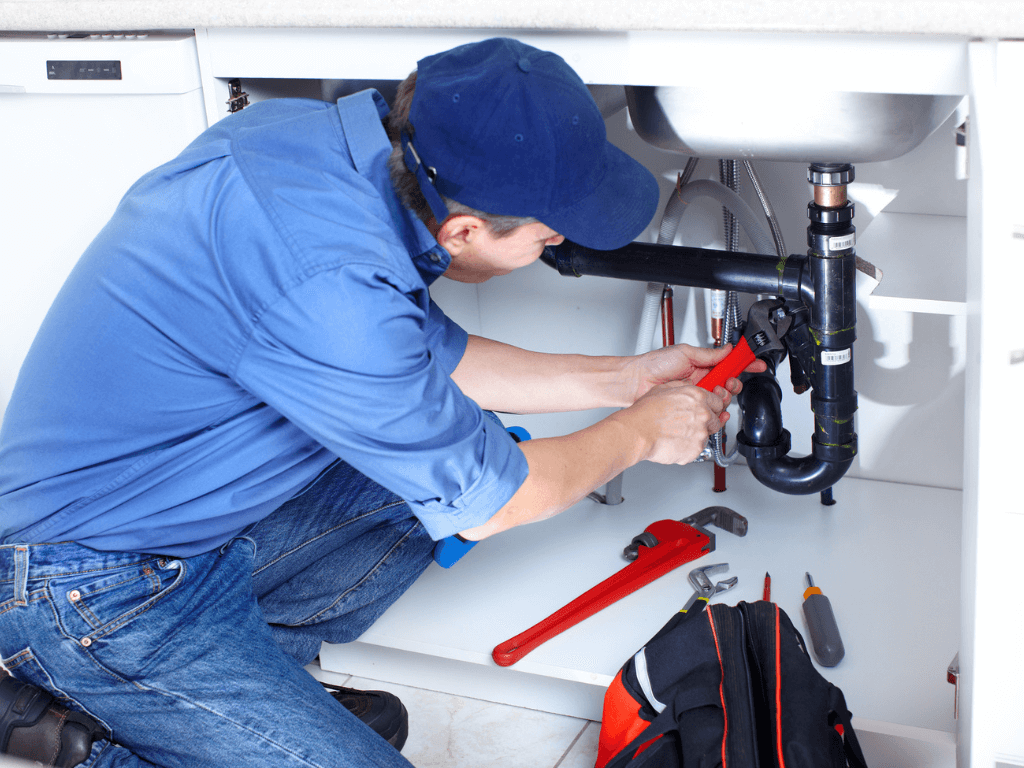
Knowing the average plumber rates before you call can help you plan your budget and avoid surprises. A little research can also make it easier to compare quotes and make sure you’re getting a fair price.
Average Plumbing Repair Costs in 2025
Plumbing repair prices in 2025 vary based on the type of job, how complex it is, and whether it’s a scheduled repair or an emergency call. Below is a breakdown of common plumbing services and their typical price ranges this year:
| Plumbing Service | Average Cost Range (2025) | Details |
| Faucet Repair | $75 – $200 | Replacing washers, cartridges, or seals to stop leaks. |
| Toilet Repair | $100 – $250 | Fixing flush issues, leaks, or replacing internal parts. |
| Water Heater Repair | $150 – $600 | Includes thermostat, heating element, or valve replacement. |
| Burst Pipe Repair | $150 – $1,000 | Cost depends on pipe location and material. |
| Drain Cleaning | $100 – $350 | Clearing clogs in sinks, tubs, or toilets. |
| Garbage Disposal Repair | $100 – $300 | Repairing or replacing damaged disposal units. |
| Sewer Line Repair | $1,000 – $4,000+ | Major job; cost depends on damage and length of pipe. |
| Emergency Plumbing Call | $150 – $500+ | Additional fee for after-hours, weekends, or holidays. |
Factors That Affect Plumbing Repair Costs
The cost of plumbing repairs in 2025 can vary a lot, even for the same type of job. Here are the main factors that can change the price:
- Type of Problem: Minor repairs like fixing a leaky faucet are much cheaper than major issues like replacing a sewer line or repairing burst pipes.
- Complexity of the Job: If the plumber has to remove walls, work in tight spaces, or replace multiple parts, the cost will be higher.
- Parts and Materials: Using high-quality or specialized parts will raise the total price, while basic replacements cost less.
- Labor Rates in Your Area: Plumber rates vary by location. Big cities and areas with high demand often have higher hourly rates.
- Emergency vs. Scheduled Repairs: Calling a plumber at night, on weekends, or during holidays usually adds extra charges.
- Accessibility of the Problem: If the repair is in a hard-to-reach area, it may take more time and labor, increasing costs.
- Age and Condition of Your Plumbing: Older systems may require more work or extra parts, raising the overall bill.
Signs You Need a Plumber
Some plumbing issues can wait a day or two, but others need fast action to avoid serious damage and high repair costs. Call a plumber right away if you notice:
- Burst or Leaking Pipes: Water spraying or pooling inside your home can quickly cause structural damage and mold growth.
- No Water or Very Low Water Pressure: This can mean a major leak, broken pipe, or an issue with your main water line.
- Sewage Backup: Foul smells or sewage coming up through drains is a serious health hazard that needs urgent repair.
- Water Heater Failure: No hot water, leaks, or strange noises from your water heater can point to a major problem.
- Persistent or Severe Clogs: If plungers or drain cleaners don’t work, the clog may be deep in your plumbing system.
- Water Stains or Wet Spots on Walls, Floors, or Ceilings: These can signal hidden leaks that could cause expensive damage if ignored.
- Overflowing Toilets: Especially if it happens repeatedly or without obvious cause, it could be a sewer issue.
How to Save Money on Plumbing Repairs in 2025
Plumbing problems can be expensive, but there are smart ways to cut costs without sacrificing quality. Here are some tips to help you save:
- Address Small Issues Early: Fix leaks, slow drains, and running toilets as soon as you notice them. Small repairs are much cheaper than major fixes.
- Do Simple Maintenance Yourself: Tasks like cleaning faucet aerators, replacing showerheads, or flushing your water heater can be done without a plumber. You can find water-saving and maintenance advice on the EPA’s WaterSense Program website.
- Get Multiple Quotes: Compare prices from at least two or three local plumbers to ensure you’re getting a fair rate.
- Ask About Flat-Rate Pricing: Some plumbers offer fixed prices for common repairs, which can be cheaper than hourly rates.
- Schedule Repairs During Regular Hours: Avoid calling after-hours unless it’s urgent, emergency services cost more.
- Know Where Your Main Shut-Off Valve Is: Turning off the water during a leak can prevent costly water damage before the plumber arrives.
- Consider Preventive Plumbing Inspections: Having a plumber check your system once a year can catch problems early and avoid bigger bills later.
Final Thoughts
Plumbing problems can happen when you least expect them, and the costs can add up quickly if repairs are delayed. By understanding average repair prices, knowing the factors that affect costs, and acting quickly when you spot warning signs, you can protect your home and your budget.
If you’re dealing with a leak, clog, or any other plumbing issue, the best step is to get help from a local qualified professional. A skilled plumber can diagnose the problem accurately, fix it the right way, and help prevent future issues, saving you time, money, and stress in the long run.
